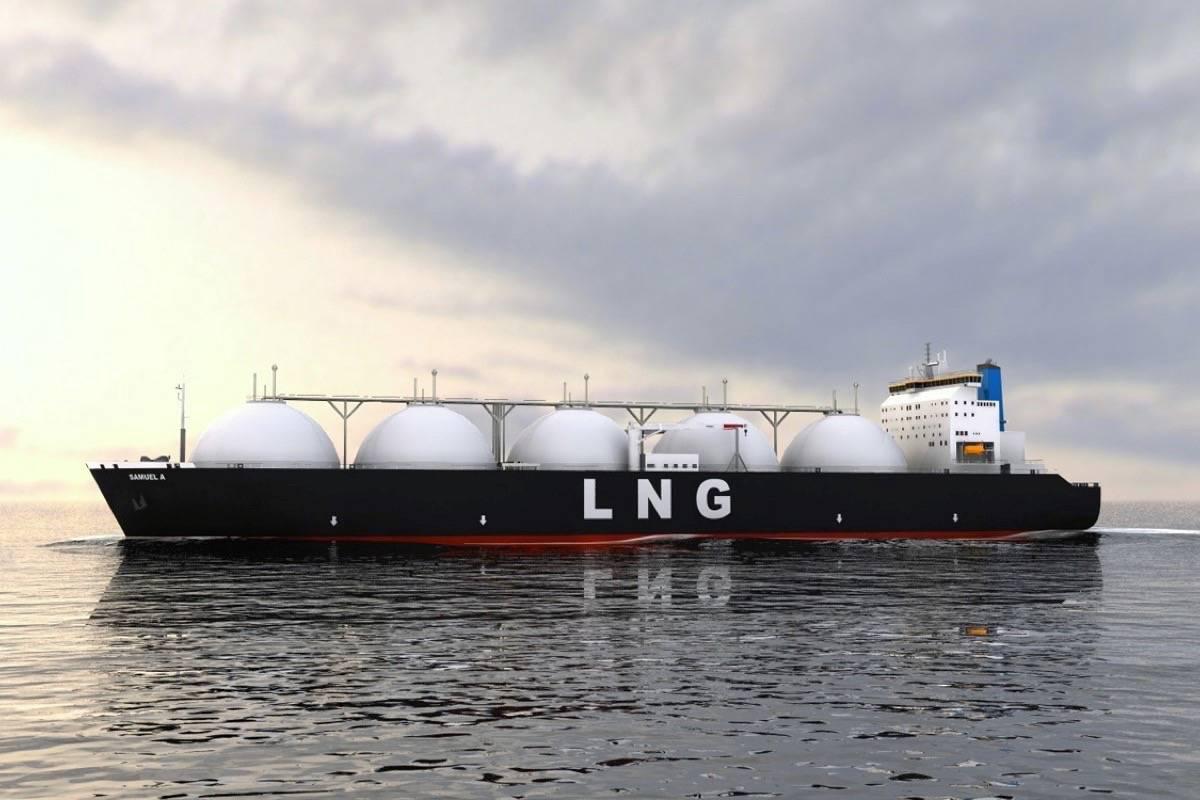Oil & Gas
TRUMP PUSHES JAPAN TO INVEST IN ALASKAN LNG TO STRENGTHEN US-ASIA ENERGY TIES.
JUMA SULEIMAN

When President Donald Trump sat down to lunch with his Japanese counterpart this month, talk quickly turned to how Tokyo could help realize a decades-old proposal to unlock gas in Alaska and ship it to US allies in Asia. Trump and his energy tsar Doug Burgum framed the venture as a way for Japan to replace Middle East energy shipments and address its trade imbalance with the US, according to two officials briefed on the closed-door talks. Japanese premier Shigeru Ishiba, eager to ensure a positive first meeting and stave off damaging US tariffs, struck an optimistic note about the Alaska LNG project despite Tokyo’s doubts about its viability. Ishiba told Trump and Burgum that he hoped Japan could participate in the $44 billion project, said the officials, granted anonymity due to the sensitivity of the talks. Trump repeatedly mentioned the project in his public remarks after the lunch, but Ishiba did not, and there was no reference to it in the official readout of the talks.
Reuters interviews with more than a dozen people, including current and former US and Asian officials, show how the Trump administration is moving to recast economic relations with East Asia by binding regional allies to Washington through increased investment in American fossil fuels, particularly LNG. The US sales pitch seeks to tap into concerns in Asian capitals about tariffs and the security of sea lanes that carry their energy imports, Reuters found. While the Alaska LNG proposal faces cost and logistical hurdles, Japan, South Korea, Taiwan, and others are buying into the idea of increasing US gas imports more broadly, which could bolster the US economy and blunt the influence of China and Russia. Japan’s participation in Trump’s emerging strategy would be critical: It is the world’s No.2 LNG buyer, a major investor in energy infrastructure, and a trading hub with a glut of LNG that could help open new markets for US gas in Southeast Asia.
The idea of building an 800-mile pipeline linking gas fields on Alaska’s North Slope to an export terminal on its Pacific coast has long stuttered due to the high costs and harsh terrain. But expecting Trump might raise a project he has personally championed in the February 7 meeting with Ishiba, Japan was preparing to voice tentative support to win his favor and forestall trade friction, Reuters reported last month. They did not anticipate it would feature so highly on Trump’s agenda. Over lunch with Trump and Burgum, the US asked Japan to consider infrastructure investments in Alaska LNG as well as long-term purchase agreements, according to the officials briefed on the talks. The US side stressed the project’s proximity to Japan compared to the Middle East and the fact that shipments would avoid sensitive choke points such as the Straits of Hormuz and Malacca, and the South China Sea. At one point in the meeting, the US officials used maps to emphasize the strategic benefits of the Alaska project, said Sullivan and another official.
Beyond Japan, Trump’s energy security argument seems to be landing elsewhere in Asia, especially with trade tariffs looming. Indian Prime Minister Narendra Modi made a similar gas pledge in a meeting with Trump this month. Taiwan, the democratically ruled island claimed by China, is also considering more US energy purchases, including LNG from Alaska. Increasing Taiwan’s dependence on US energy could help deter China from taking aggressive steps such as naval blockades, said Landon Derentz, who was a senior US energy official during Trump’s first term. With US supplies, 'in some ways you’re contracting for a security guarantee that the United States is going to be an advocate in the event of a conflict in making sure that supply arrives,' he said. South Korea, too, is weighing investing in Alaskan LNG and other US energy projects, two South Korean officials told Reuters. Bill Hagerty, a US senator for Tennessee who served as ambassador to Tokyo in the first Trump administration, told Reuters he would like Japan, which already trades its surplus gas, to become the key distribution hub for US-origin LNG. 'Whether it’s from Alaska, Louisiana or Texas, America can work very closely with Japan to create the type of energy security bonds that will be great for our nations’ economies and for our national security,' he said.
